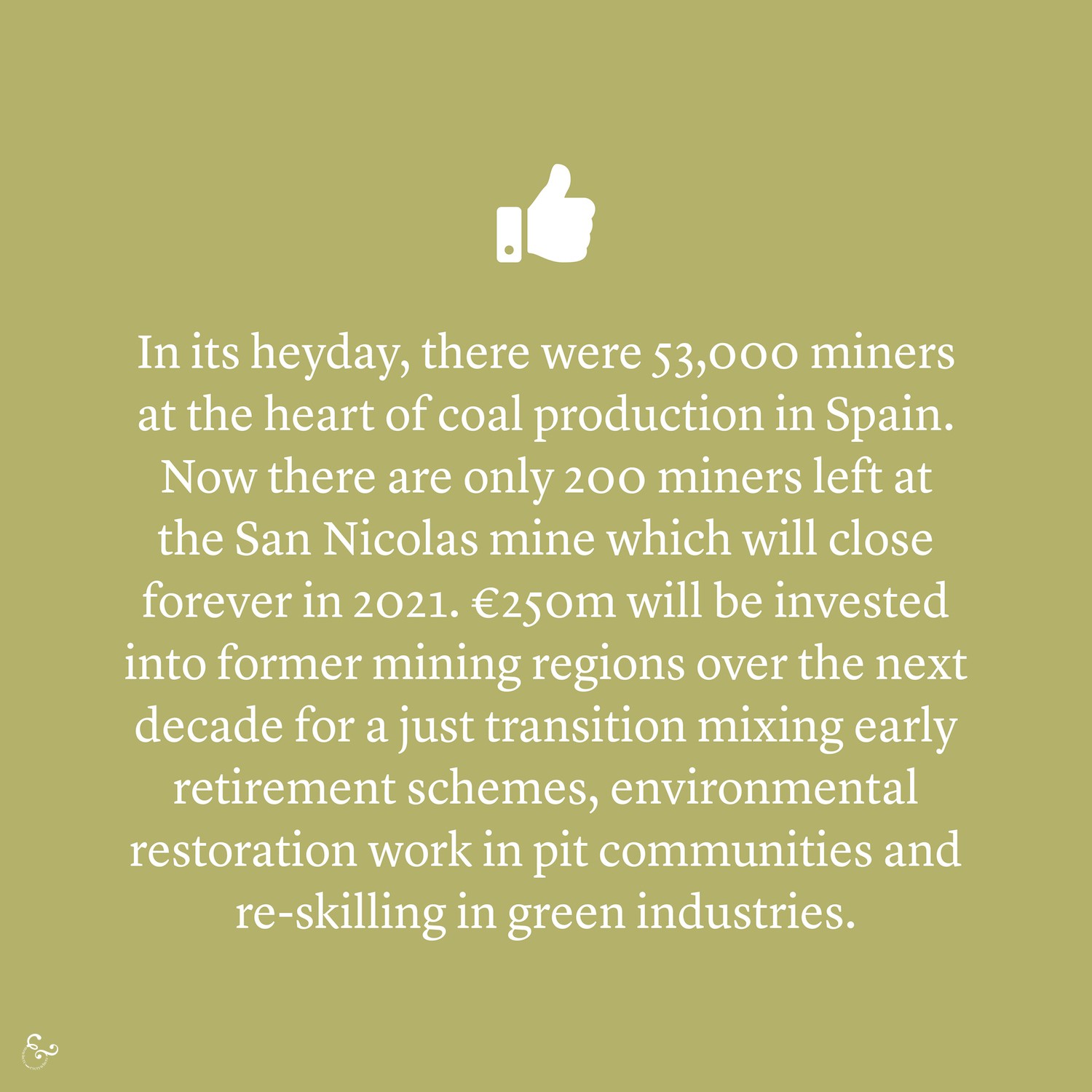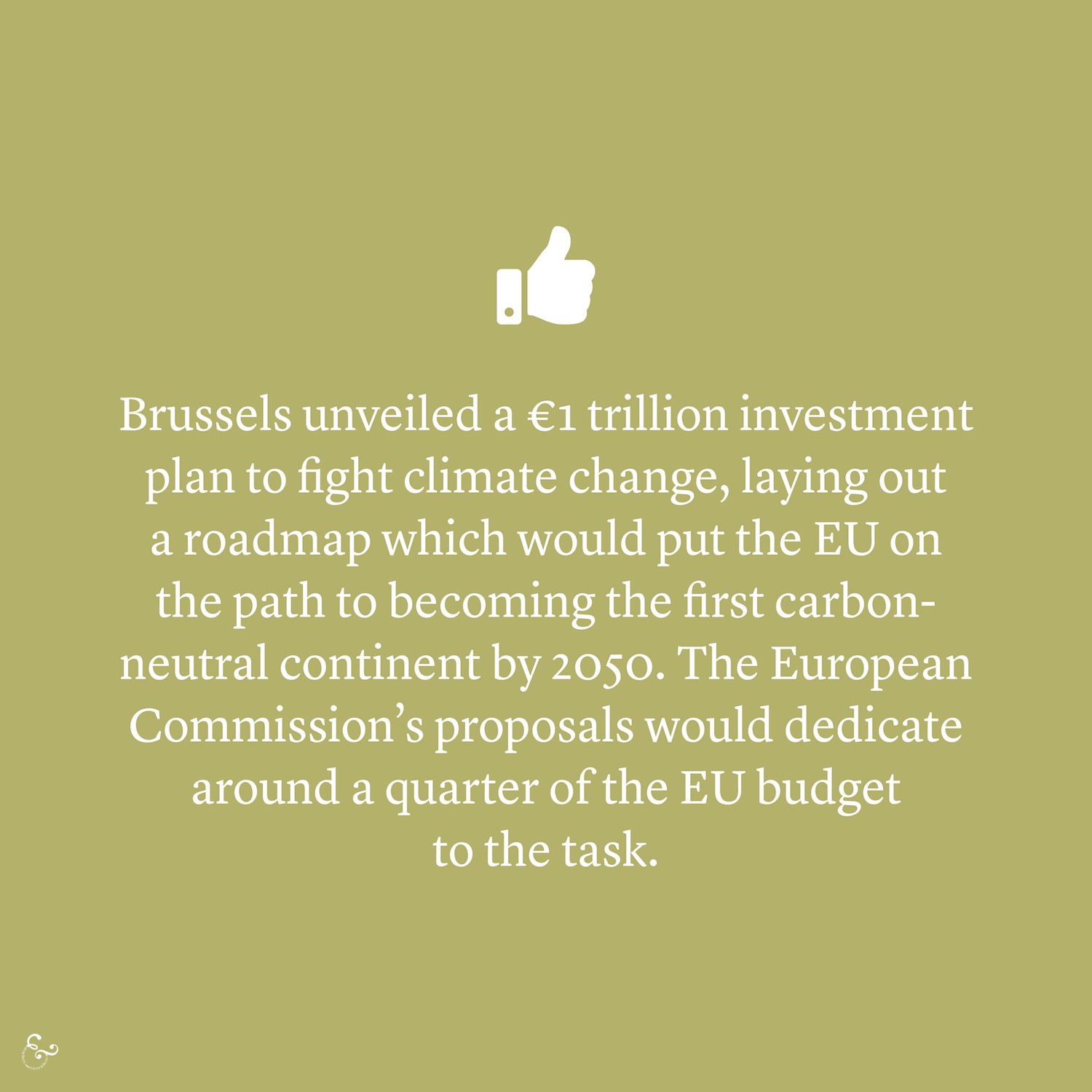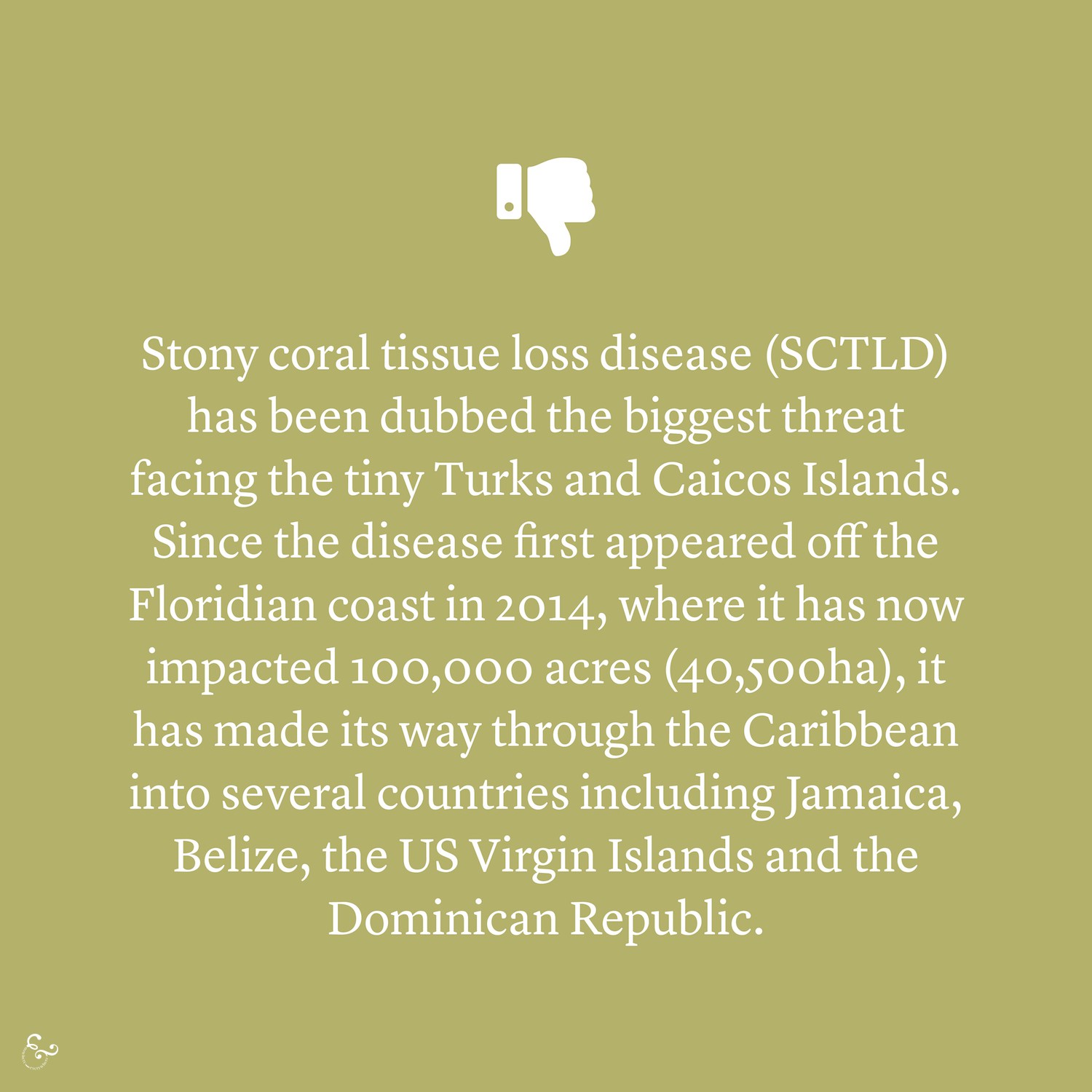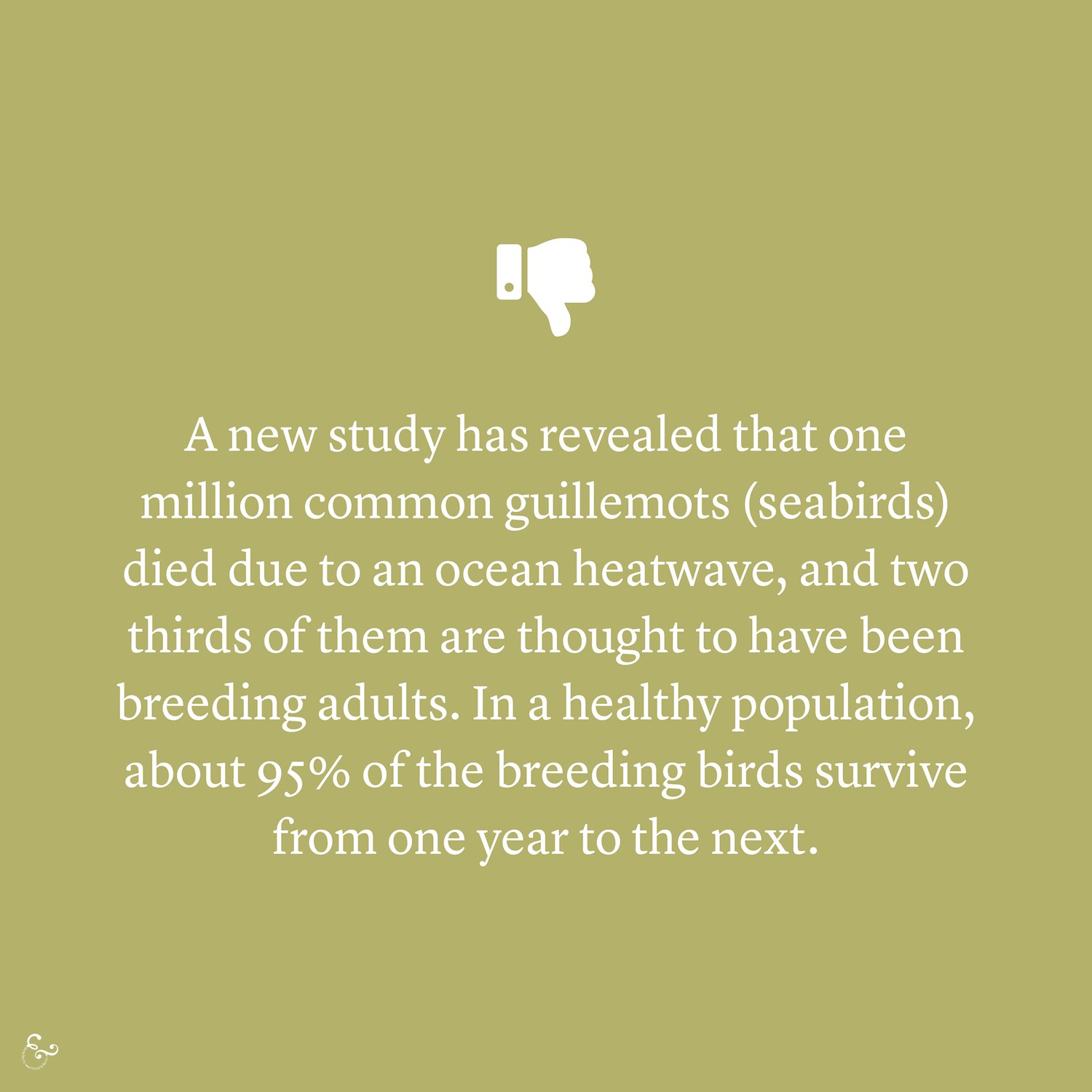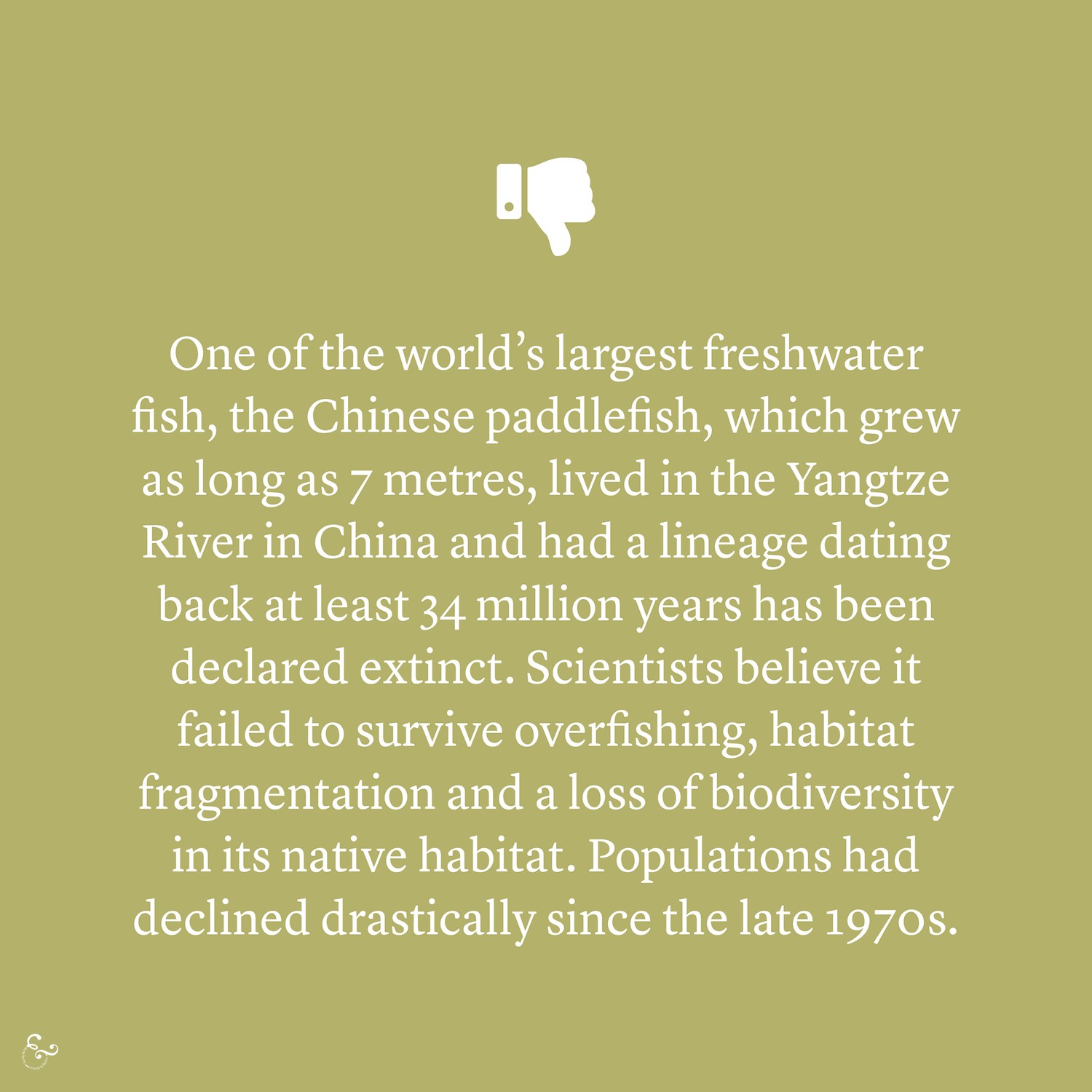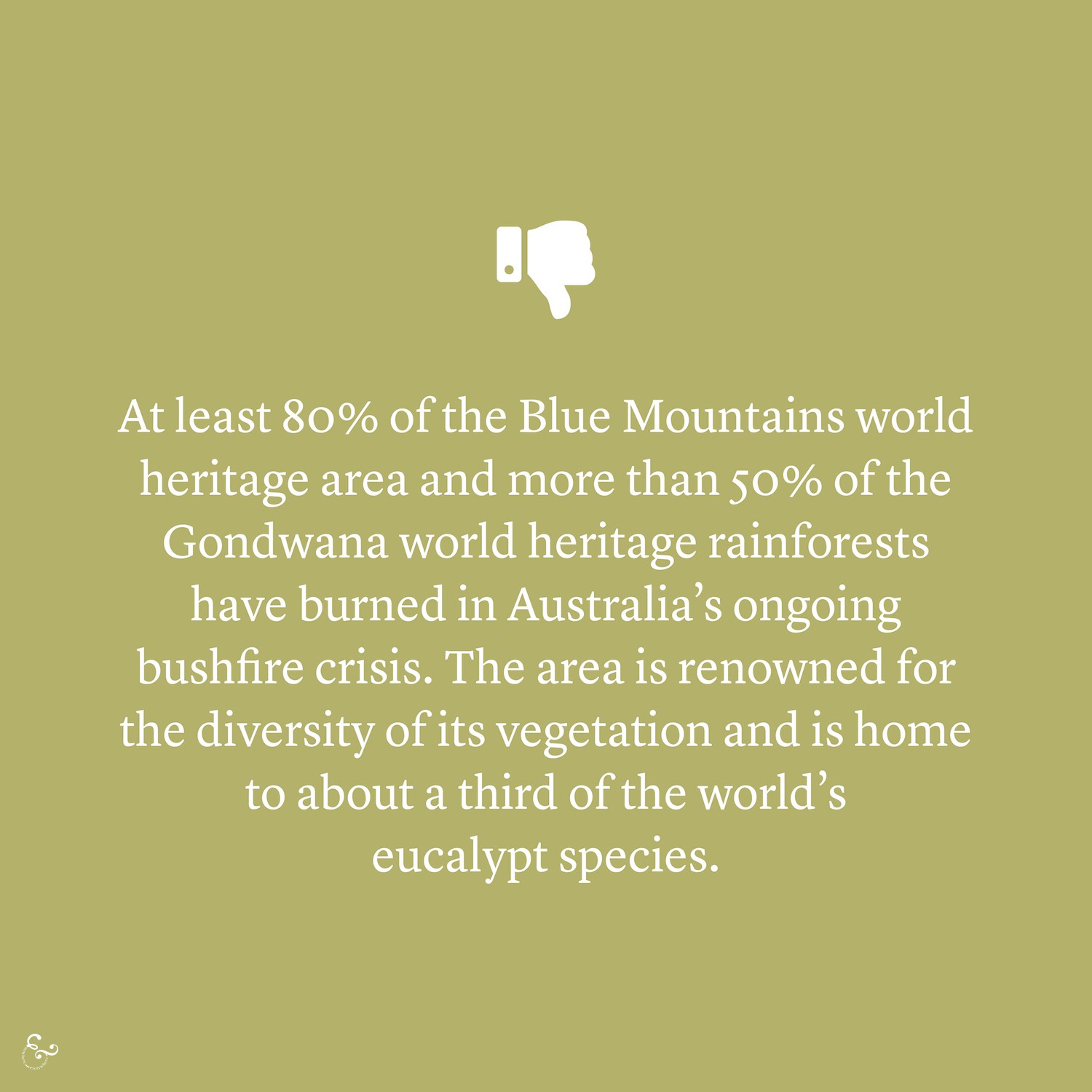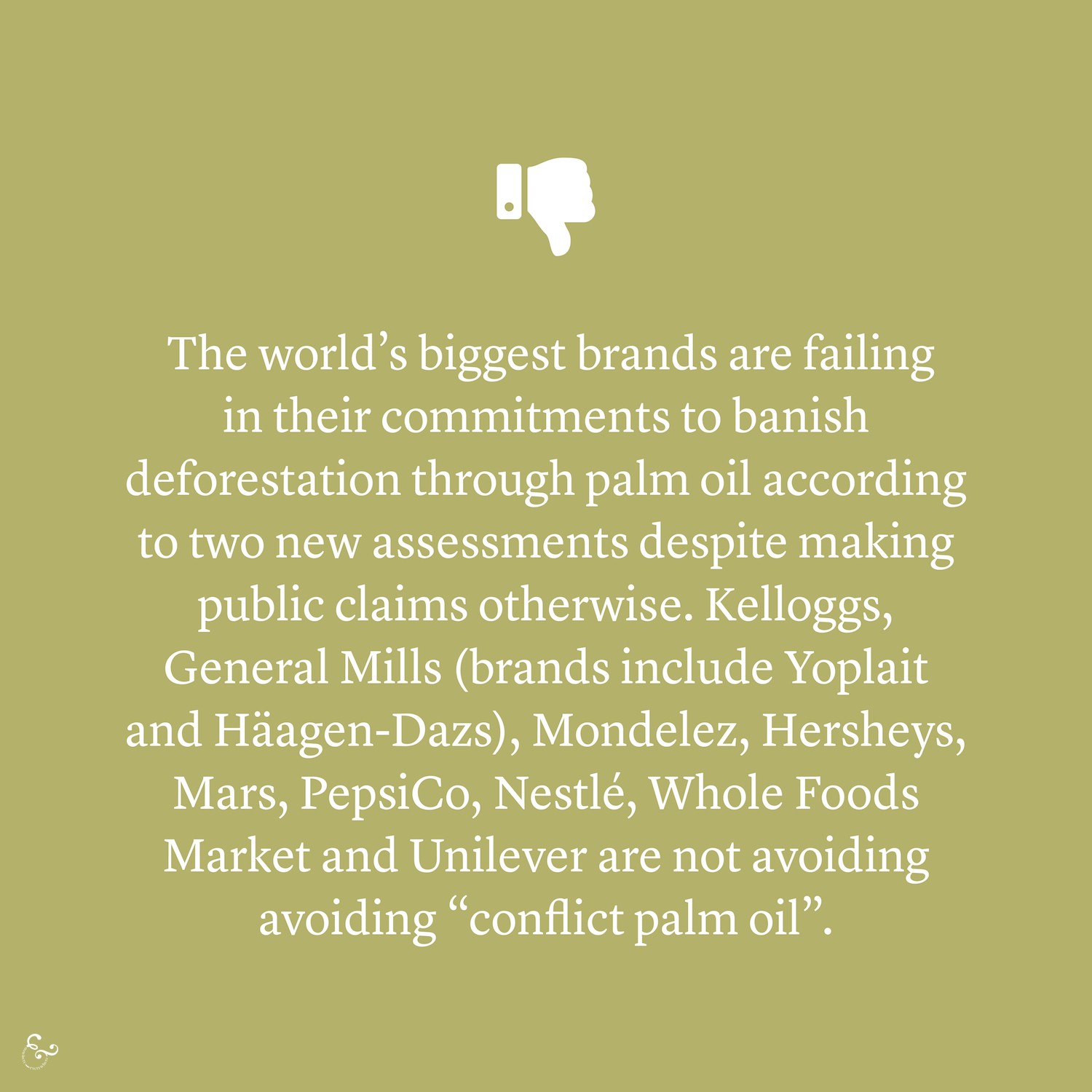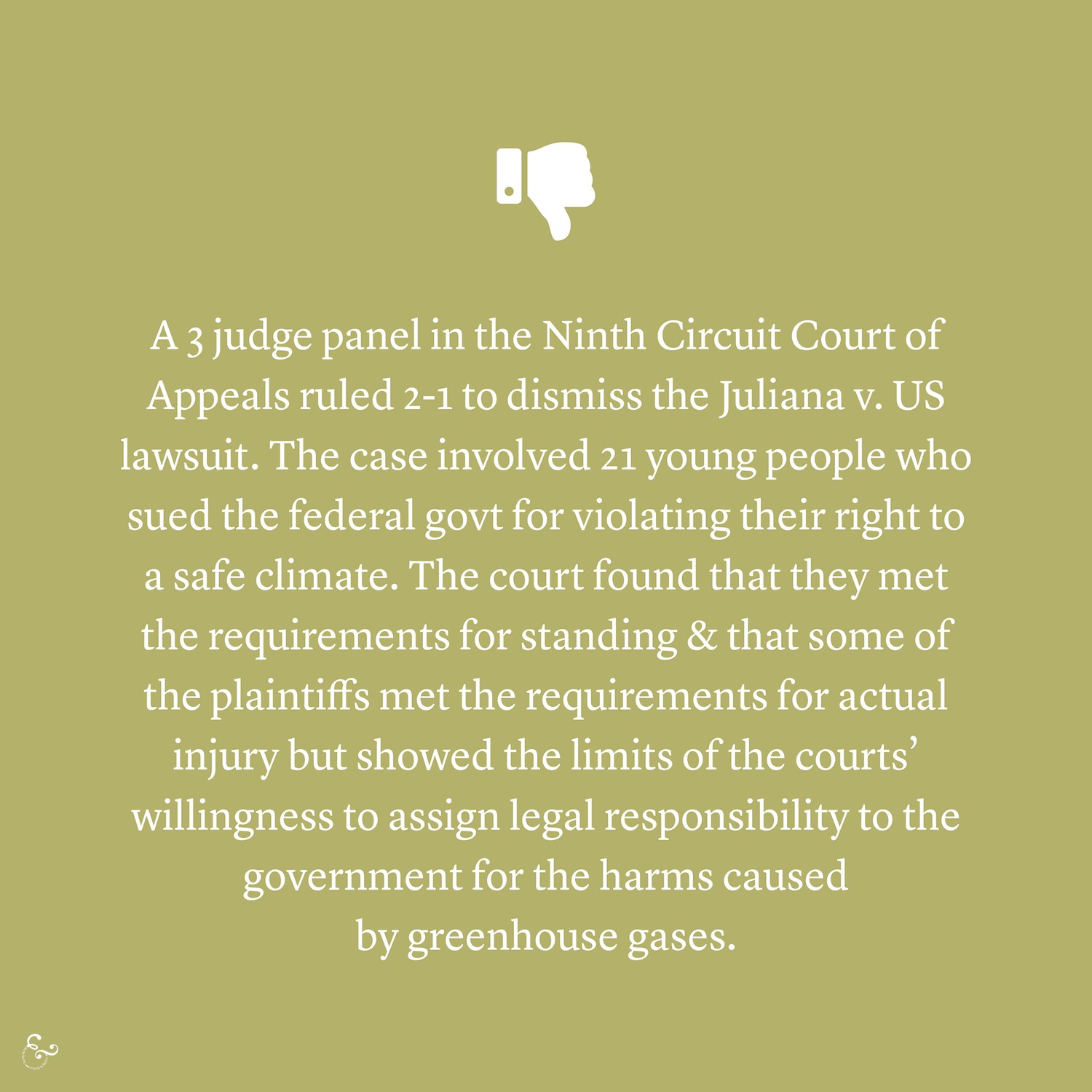World / Climate Change
1/ A new study revealed that the increased freshwater resulting from melting ice sheets in Antarctica, combined with the added Antarctic wind, has reduced the oxygen level inside the Southern Ocean. This has made the ocean warmer and more acidic. The warming and loss of oxygen on the Antarctic coast are more notable than estimated in the climate model. (Nature Geoscience)
Caribbean / Oceans
2/ Stony coral tissue loss disease (SCTLD) has been dubbed the biggest threat facing the tiny Turks and Caicos Islands. Since the disease first appeared off the Floridian coast in 2014, where it has now impacted 100,000 acres (40,500ha), it has made its way through the Caribbean into several countries including Jamaica, Belize, the US Virgin Islands and the Dominican Republic. Karen Neely of Florida’s Nova Southeastern University, which has been studying the disease, says it is “unprecedented” in terms of its reach and the number of coral species affected. (BBC)
China / Animals
3/ One of the world’s largest freshwater fish, the Chinese paddlefish, which grew as long as 7 metres, lived in the Yangtze River in China and had a lineage dating back at least 34 million years has been declared extinct. Scientists believe it failed to survive overfishing, habitat fragmentation and a loss of biodiversity in its native habitat. Populations of the fish, also known as the Chinese swordfish, had declined drastically since the late 1970s. (Independent)
USA / Climate Change
4/ A three-judge panel in the US Ninth Circuit Court of Appeals ruled 2-1 to dismiss the Juliana v. US lawsuit on Friday, a seminal case involving 21 young people who sued the federal government for violating their right to a safe climate. The decision is a blow to climate activists and shows the limits of the courts’ willingness to assign legal responsibility to the government for the harms caused by greenhouse gases. The court also found that the youth met the requirements for standing in the case and that some of the plaintiffs met the requirements for actual injury. They also said that climate policies must come from the legislative branch. (Vox / NYT / The Guardian)
Australia / Climate Change
5/ At least 80% of the Blue Mountains world heritage area and more than 50% of the Gondwana world heritage rainforests have burned in Australia’s ongoing bushfire crisis. The data is based on a Guardian Australia analysis of areas burned in New South Wales and Queensland and was confirmed by the NSW government. The area is renowned for the diversity of its vegetation and is home to about a third of the world’s eucalypt species. (The Guardian)
World / Palm Oil
6/ Some of the world’s biggest brands are failing in their commitments to banish deforestation from their supply chains through their use of palm oil, despite making public claims to environmental sustainability. Many of the companies highlighted as performing poorly or missing targets include Kellogg’s, Mondelez, Whole Foods Market and General Mills, whose brands include Yoplait and Häagen-Dazs. WWF found that only 15 out of 173 companies surveyed were performing well. Separately, the Rainforest Action Network (RAN) assessed eight global brands – Kellogg’s, General Mills, Mondelez, Hershey’s, Mars, PepsiCo, Nestlé and Unilever – involved in a key area of south-east Asia known as the Leuser ecosystem. The survey found none were performing adequately in avoiding “conflict palm oil”. (The Guardian)
World / Climate Change
7/ A new study has revealed that one million common guillemots (seabirds) died due to an ocean heatwave, and two thirds of them are thought to have been breeding adults. In a healthy population, about 95% of the breeding birds survive from one year to the next. Researchers based the estimate of one million dead guillemots on the numbers of dead or dying birds that washed up between California and the Gulf of Alaska. A total of 62,000 birds were found on 6,000km of coastline, but not all birds that die at sea end up on beaches. Previous studies have shown that the number of birds actually found dead needs to be multiplied by at least seven times – and possibly as much as several hundred times – to find the minimum estimate of the total numbers dead. That means that “one million dead seabirds” might actually be a conservative guess. (The Conversation)
World / Climate Change
8/ Last year was the warmest year on record for the world’s oceans, part of a long-term warming trend, according to a study released this week. Since the middle of last century, the oceans have absorbed roughly 93 percent of the excess heat caused by greenhouse gases from human activities such as burning coal for electricity. That has shielded the land from some of the worst effects of rising emissions. Hotter oceans also expand and melt ice, causing sea levels to rise. The past 10 years have been the warmest 10 on record for global ocean temperatures. The increase between 2018 and 2019 was the largest single-year increase since the early 2000s. “We are heating the oceans today by the equivalent heat of five Hiroshima bombs every second, day and night, 365 days a year”. (Time / NYT / The Guardian)
The good news…
Indonesia / Animals
9/ Ten new songbird species and subspecies have been identified on a trio of previously under-explored Indonesian islands in the largest discovery of its kind in more than a century, according to a new study. The findings mark the largest number of new species identified from such a small geographically confined region in more than 100 years. (The Guardian)
Spain / Climate Change
10/ In its heyday, there were 53,000 miners at the heart of coal production in Spain. Now there are only 200 miners left at the San Nicolas mine which will close forever in 2021. Spain’s left-wing government struck a deal with the unions to close down all of its coal mines which will mean that €250m is invested into former mining regions over the next decade. The “Just Transition” by the government, it will mix early retirement schemes for miners over 48, with environmental restoration work in pit communities and re-skilling schemes for younger miners in cutting-edge green industries. (Independent)
World / Biodiversity
11/ The United Nations Convention on Biological Diversity released its ‘zero draft’ text proposal for a post-2020 global biodiversity framework. Featured in the text is a target to protect at least 30% of the planet — land and sea — by 2030. The draft text is a proposed framing for a 10-year strategy to halt and reverse species decline, and restore ecosystem services that are critical to humanity’s survival. It is anticipated that a final text will be adopted by governments at the 15th Conference of the Parties in October. (National Geographic)
Europe / Climate Change
12/ Brussels unveiled a €1 trillion investment plan to fight climate change, laying out a roadmap which would put the EU on the path to becoming the first carbon-neutral continent by 2050. The European Commission’s proposals would dedicate around a quarter of the EU budget to the task. The mechanism will be based on three pillars: the Just Transition Fund, the InvestEU funding stream and loans from the European Investment Bank backed by the EU budget. (Independent / European Parliament)
Other notables…
- Cracks in Arctic sea ice turn low clouds on and off. The prevailing view has been that more leads are associated with more low-level clouds during winter. But University of Utah atmospheric scientists noticed something strange in their study of these leads: when lead occurrence was greater, there were fewer, not more clouds. (Phys)
- Most people imprisoned in Nepal for wildlife crime share two things in common: they did not understand the seriousness of their offense, and they had little conception of how profoundly it would impact not only their lives but also the lives of their families. Paudel and his colleagues uncovered these gaps in awareness of the punishments for poaching as part of an effort to better understand the motivations of, and impacts on, the people who are arrested and prosecuted for wildlife crime. (Scientific American)
- Grasses and shrubs have been found growing in increased numbers around Mount Everest and across the Himalayas as ice in the area continues to melt. By studying images taken by Nasa‘s Landsat satellites between 1993 and 2018, they found a small but significant increase in vegetation across four height brackets from 4,150 to 6,000m above sea level. (Independent)
- Mexican environmental authorities said Thursday that 292 sea turtles found dead on the country’s southern Pacific coast since Christmas died as a result of a red tide algae bloom. (Phys)
- Estimates of tree hollows—which form the houses of several endangered species in northern Australia—are much too high, researchers at Charles Darwin University in the Northern Territory have found. A clearer understanding of the abundance of hollows, she adds, is important for identifying and managing areas of high conservation value. (Phys)
- A record number of elephants – 361 – have died in Sri Lanka during 2019, environmental groups say. It is highest figure of elephant deaths to be reported since Sri Lanka became independent in 1948, conservationists said. Most were killed by people. There are an estimated 7,500 wild elephants in Sri Lanka. Killing them is illegal, but the animals often come into conflict with rural communities. (BBC)
- More than 160,000 people could die over the next decade from strokes and heart attacks caused by air pollution. (The Guardian)
- Marine scientists in Plymouth have led a major study highlighting the effects of climate change on the plankton populations in UK seas. It shows there have been extensive changes in plankton ecosystems around the British Isles over the last 60 years. (Phys)
- People who have access to nature or urban green spaces are much more likely to behave in environmentally friendly ways, a study suggests. Researchers used a representative sample of 24,000 people in England for their study of green behaviour. The findings also showed that people who were not exposed to green spaces were less likely to adopt green behaviours, such as recycling. (BBC)
- A study by NSF-funded scientists at Stanford found a direct relationship between deforestation in the Amazon and the transmission of malaria by mosquitoes. Regions with a lot of deforestation saw many more cases of malaria. (Phys)
- Hundreds of thousands of native fish are estimated to have died in northern New South Wales after rains washed ash and sludge from bushfires into the Macleay River. Adding ash and nutrients to the water promotes bacteria, which in turn removes oxygen from the water. And if the water becomes sludgy, fish are not able to pass enough water over their gills to extract oxygen. (DPI / The Guardian)
